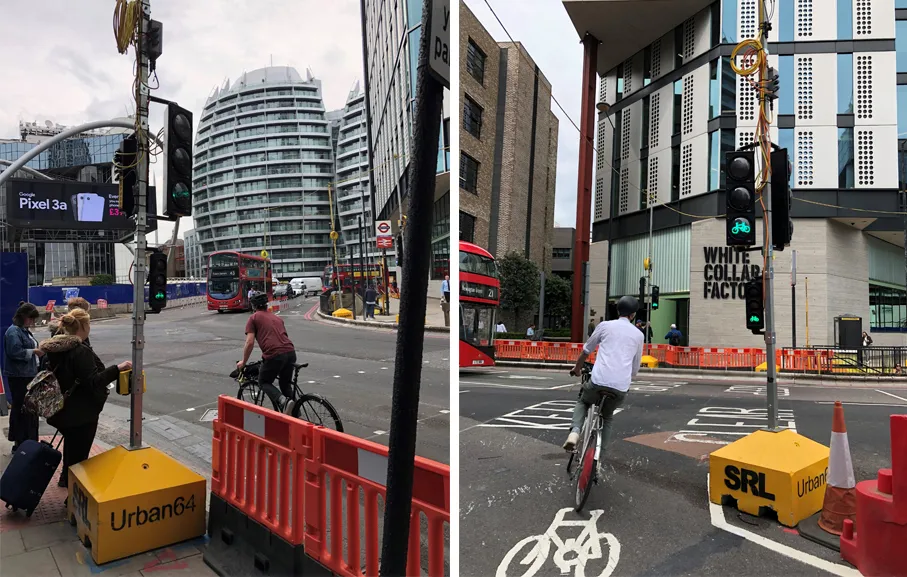Opened in 1958, the Preston bypass – now part of the M6 - only had two lanes in each direction, with no safety barrier in the central reservation.
There was also no technology – not even simple electronic signs.
The first upgrade, a 20-mile stretch between Crewe and Knutsford in Cheshire, is due to be finished by spring 2019, and will have 258 electronic signs, 104 traffic sensors and 70 CCTV cameras.
The upgrades will involve converting the hard shoulder to a permanent extra lane to increase capacity by a third.
“Our motorways have changed massively over the past six decades and smart motorways could be just a glimpse of the technology transformation still to come,” says Andrew Jinks, smart motorway director at Highways England. “In 60 years’ time, driverless vehicles could be as commonplace as a car radio.”
The amount of traffic using England’s motorways has increased by almost two-thirds in the past 25 years alone, including more than double the number of vans, Highways England says.
England’s first motorway celebrates 60th birthday with ITS upgrade
Sixty years today, 2,300 drivers drove along an eight-mile section of road in England – the first motorway in the country.
Opened in 1958, the Preston bypass – now part of the M6 - only had two lanes in each direction, with no safety barrier in the central reservation.
There was also no technology – not even simple electronic signs.
Highways England is pledging to celebrate the birthday by completing four upgrades on the M6 by spring 2022. The £900m project will add extra lanes and better technolog
December 5, 2018
Read time: 2 mins
Sixty years today, 2,300 drivers drove along an eight-mile section of road in England – the first motorway in the country.









